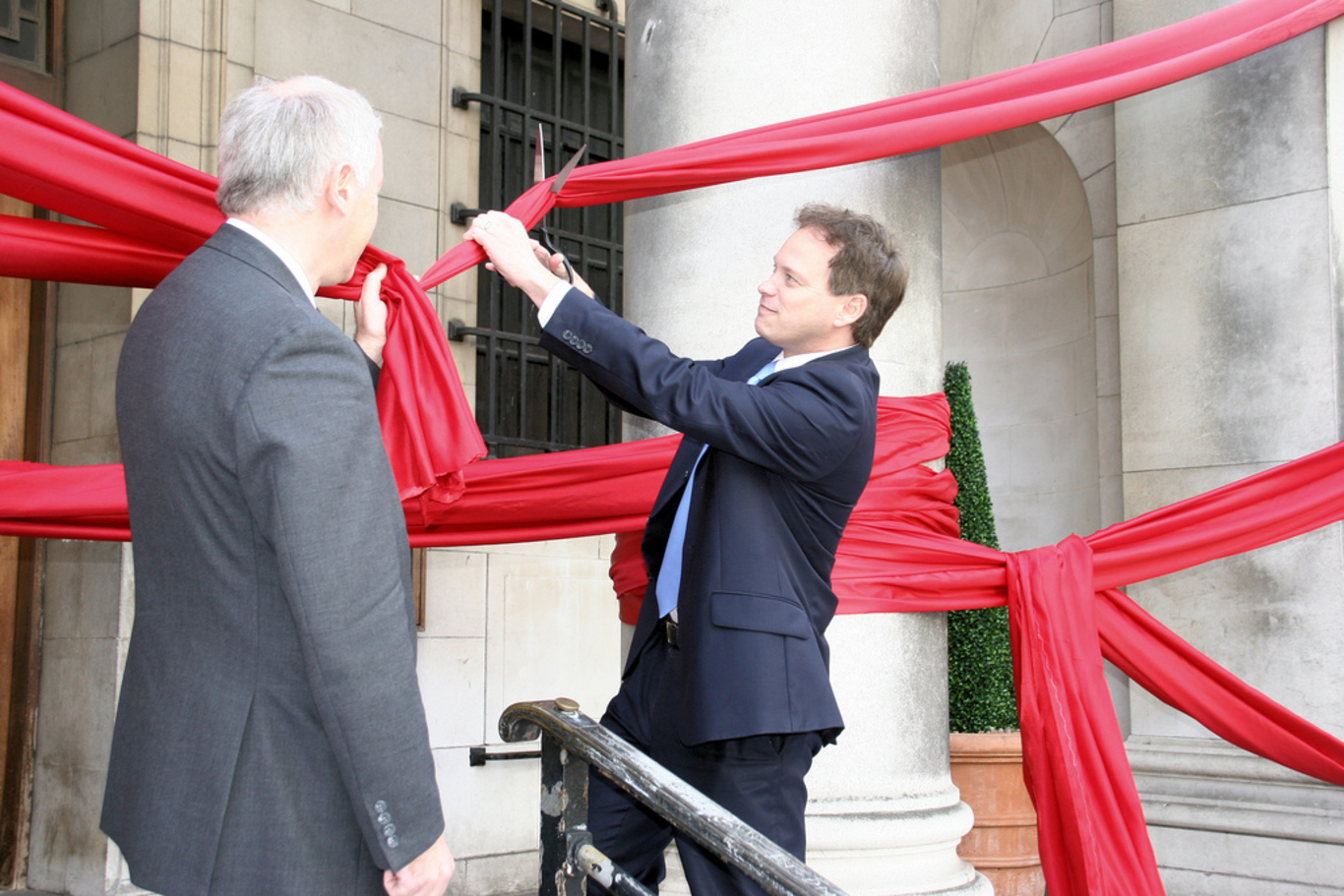One of Ireland's best lawyers reveals the easiest way to cut through red tape
LK Shields’ David Williams says businesses can play by the rules while also trimming costs.
ONE OF THE toughest areas for smaller businesses to keep on top of is regulation.
While larger companies often have several staff or even full departments dedicated to ensuring new rules are followed, it can be a lot tougher for SMEs and startups.
To get some insight into the impact of regulations on smaller operators, Fora spoke to David Williams, a partner at one of Ireland’s leading corporate law firms LK Shields.
Williams, who serves as head of financial services at the company, said that there are two main types of regulatory costs that most businesses tend to incur: direct and indirect.
Costs
“Direct costs are the more obvious, immediate ones,” he said. “That is stuff like taking on more staff or the time that management has to spend educating themselves about their compliance obligations.
“Indirect ones are when someone starts out on a project and then realises that they have to comply with some regulation that they didn’t know about.
“Say if one is opening a restaurant and they spend €20,000 on a kitchen. If it’s not compliant with health and safety rules you could spend another €20,000 trying to get it fixed.”
Compliance costs in general are an area of increasing concern. In a recent study of 300 Irish businesses carried out by the law firm, more than half the respondents said their compliance-related expenses were increasing faster than their overall trade during the past 12 months.
 LK Shields partner David Williams
LK Shields partner David Williams
This trend was also more prevalent among smaller firms. Just under half of the companies with 100 or more staff that participated in the survey thought there was too much red tape in Ireland. However, the figure shot up to 70% among businesses employing between 25 and 99 people.
According to the World Bank, Ireland ranks behind all the other major English-speaking economies when it comes to the ease of doing business. The country placed 17th on the most recent list, comparing unfavourably to nations like New Zealand, which ranked 2nd.
Savings
Williams said many larger companies were better equipped to deal with regulatory issues, often employing full divisions of staff to handle compliance.
“Big businesses can create a department and staff it with the right people, they then get more comfortable complying with regulations. Smaller businesses don’t have the same resources.”
Williams advised smaller firms, which may not be able to afford staff to deal specifically with regulations, to look into getting help from a third-party adviser.
“Small companies won’t want to employ a person full time to look after this as it doesn’t warrant it,” Williams said. ”The best thing for them to do is engage a compliance consultant to do the job.
“Find an expert in their area and pay for advice before you go down the path of finding out about a problem during a project. A small amount of money now could save a lot in the future.”






